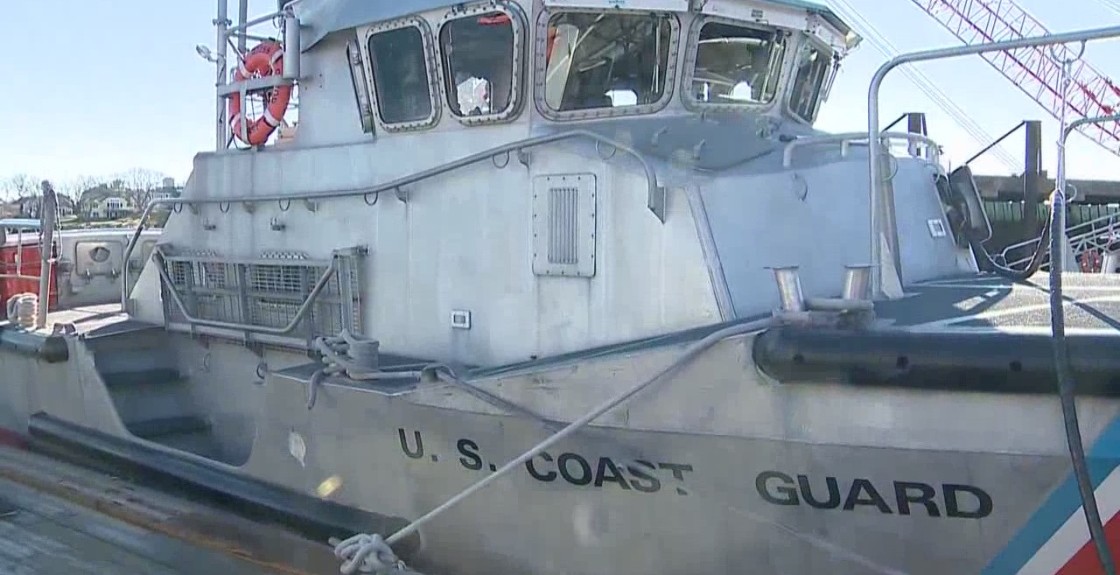When a fishing boat requested a tow after weathering a storm 18 miles off Cape Ann, the Coast Guard swiftly answered its call and sent one of its vessels. Unfortunately, the routine rescue mission went awry and resulted in the death of the ship’s captain.
Three hours after the Coast Guard sent its rescue team, the 51-foot commercial fishing vessel Orin C sank beneath the waves. When the rescue team arrived two crewman swam to safety, but a third, Captain David “Heavy D” Sutherland, bobbed helplessly before the Coast Guard pulled him out of the water. Once on board, Sutherland could not be resuscitated.
How did a simple retrieval mission go so wrong, and how will the Coast Guard prevent it from happening again?
The main issue that doomed the Orin C and its captain was the Coast Guard’s malfunctioning equipment. While the Orin C gradually filled with water, the Coast Guard dispatched a pump that would remove 250 gallons per minute. According to the Orin C crew, it didn’t work from the start.
“From the get-go, I couldn’t get it started,” Orin C crewman Travis Lane said to the Boston Globe. “It took 10 minutes to get it to work, and it would only pump for like 30 seconds. The next two or three hours we [tried] and only got it to pump for 10-second intervals. Then it stopped pumping immediately.”
The Coast Guard also didn’t have the right equipment to save Sutherland’s life. Although the captain was a surefire candidate for defibrillation, rescuers simply didn’t have an automatic electric defibrillator on hand. They performed CPR on the captain until they reached shore, but by then it was too late.
The Coast Guard is now taking action to make sure that the tragedy of the Orin C won’t happen to any more stranded Americans. The branch is considering several nationwide policies that would put more defibrillators on board Coast Guard vessels and new protocols requiring ships to carry reliable water pumps.




































